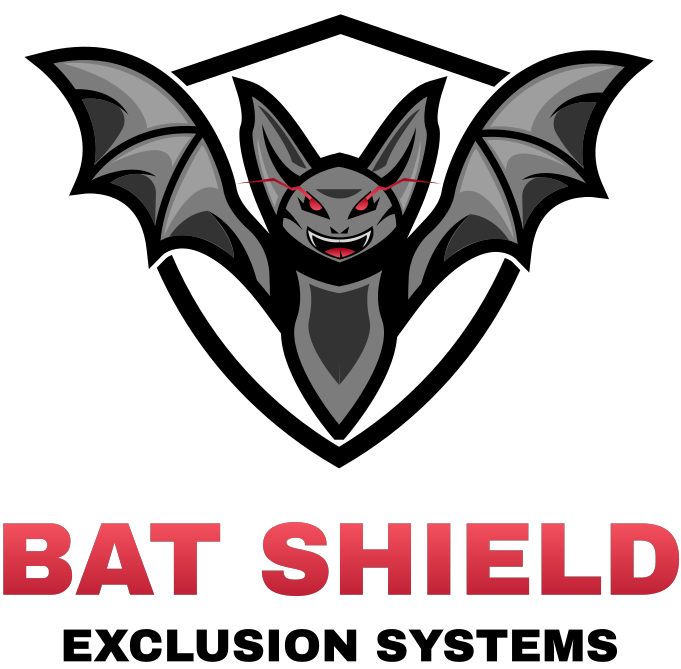If you are lucky enough to have even a small yard around your home, you probably have invested a little bit of money in a couple of bird feeders to attract a wildlife to your property. There is nothing better than waking up to the sound of birdsong coming through your window or watching for rare, migratory birds as they take up residence in the huge oak tree next to your home. According to one recent study, around 57 million Americans feed birds on their property, and we collectively spend at least $4 billion on bird seed each year. That amounts to over one billion pounds of bird seed that we put around our homes.
Many homeowners in western New York don’t realize, however, that attracting birds to your yard may also lead to unintended consequences. In this short article, we take a quick look at some of the damage that birds can cause to your home. We then explain the best strategies for bird pest management, and where to turn for the most humane animal removal, abatement, and remediation services in Western New York.
Potential Damage and Danger Caused by Birds around your Home
Unfortunately, those beautiful birds that add a bit of color and song to your yard may also contribute to serious damage to your home. Some of the probable consequences of bird infestations include:
- Birds Nesting in Roof Eaves: Birds such as pigeons, starlings, and sparrows regularly look to build their nests in gutters, drains, and other areas of your roof. When your drainage system is blocked by bird nests, this can lead to standing water, leaks, and even collapsed roof systems.
- Bird Droppings Leading to Roof Leaks: Due to their acidic nature, bird droppings can corrode different types of roofing materials, thus leading to leaks in your roof.
- Potential Fire Damage due to Bird Infestations: The nesting materials used by birds is generally considered to be a major fire hazard. Dry twigs, straw, and other similar materials are easily combustible, and may put your home at unnecessary risk for a serious fire.
- Can Bird Poop Make You Sick? Another serious risk with having birds in and around your home is related to potential health risks. Birds and bird droppings contain over 60 diseases, including histoplasmosis, candidiasis, Cryptococcosis, and certain types of encephalitis.
- Blocked Ventilation Systems: Other types of birds like to build their nests in chimneys and vents to your home´s HVAC systems. Not only does this obviously pose a serious fire risk, but it can actually reduce the efficiency of your home´s heating and cooling systems. Blocked vents force your air conditioner and furnace to work harder, thus leading to higher energy bills while also reducing the longevity of these expensive home elements.
- Collapsed Ceilings: Lastly, some birds may actually find a way into your home where they can quietly build nests in your attic. In some cases, this can actually cause collapsed ceilings. Birds may also pick away at your home´s insulation, thus reducing the insulation capacity (R-value) of your home.
What to do when Birds Invade your Home?
If the birds that you enjoy watching around your home are getting a little too close to your home, you might consider calling a professional animal remover who has the experience to safely and effectively trap and remove those unwanted visitors. Here at WNY Wildlife & Exclusion, we have trained professionals who can quickly and humanely find the nest, trap the birds, and humanely remove them before they cause further damage to your home.
In the specific case of bird infestations, we can help you replace the insulation that was damaged by birds in your attic. Prevention is always the best strategy for avoiding future problems, and when you hire us for your bird removal needs, we also help you identify how the animals found their way into your home in the first place. This can allow homeowners to install HVAC vent screens, gutter guards, chimney protection, and other simple strategies that will ensure that the birds stay in the trees where they belong.

